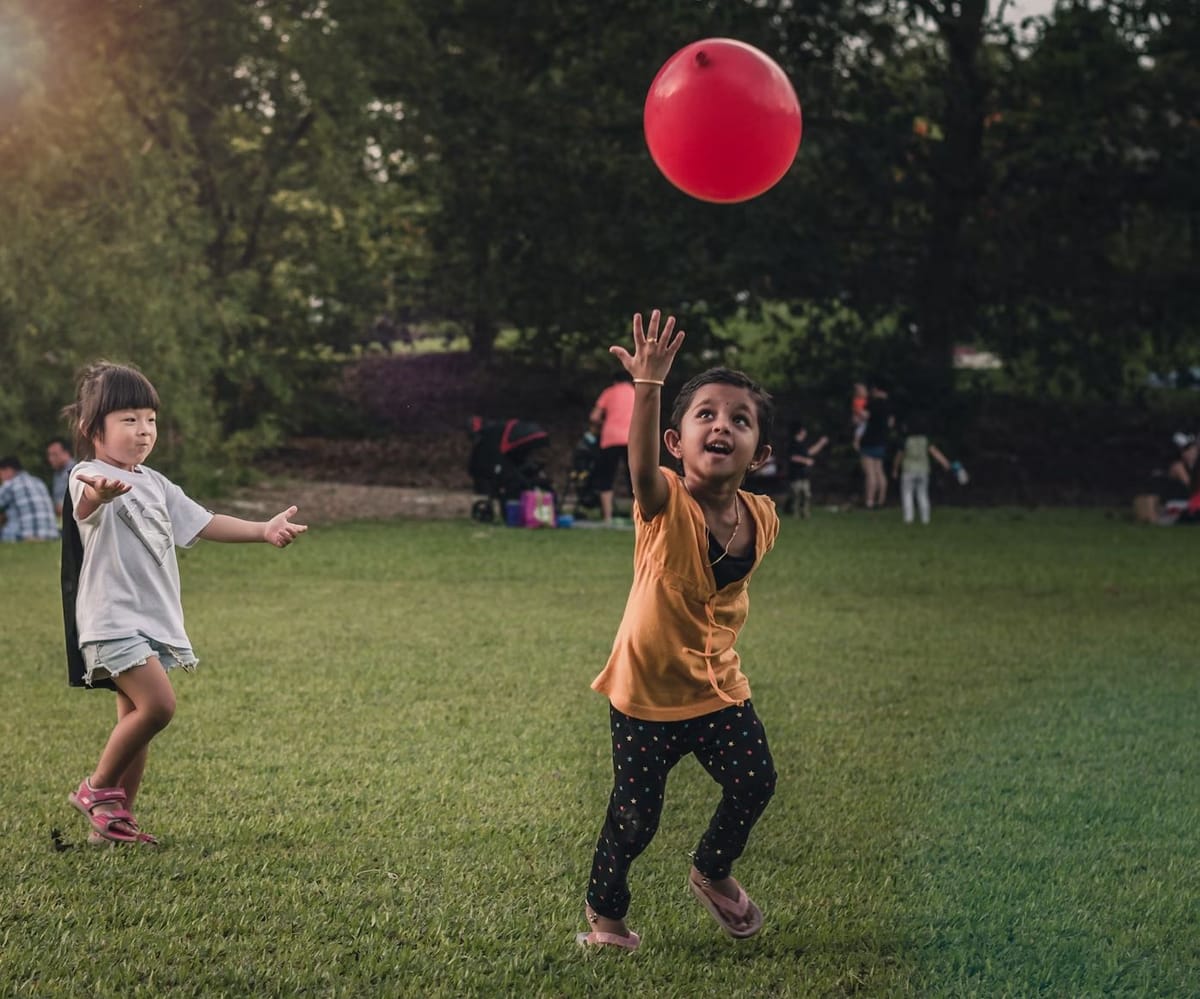Will screen time, device use guidelines save our kids?
Why no single solution will work for everyone.

Earlier this month, my wife alerted me to a lengthy Facebook post by Singapore Health Minister Ong Ye Kung. In it, he talked about the rise of excessive screen time by children, driven by excessive social media consumption.
Given new and compelling evidence that too much screen time impacts both the mental wellness and brain development of a child, Mr Ong wrote that Singapore will be stepping up with "more decisive and effective measures to shape the habit of device usage."
The new initiatives will be announced in the months ahead. In true Singapore fashion, the social media post was covered by the Straits Times that very evening and made available to the general public here.

The lure of social media
We know that social media is addictive by design. After all, the more time we spend on them, the better social media platforms can monetise our attention.
I recalled how social media helped me pass time many years ago, back when I still had to do the occasional guard duty. In particular, there was a two-hour break where I scrolled mindlessly through Facebook. It left me feeling fatigued, empty, and mildly nauseous. What's worse, I couldn't remember a single worthwhile thing I had read or seen during that entire time.
At that moment, I had a startling flash of insight: Perhaps social media wasn't the best use of my time. This realisation led me to eventually uninstall most social media apps from my phone.
For transparency, I didn't quit social media entirely. However, I've stopped installing Facebook on my mobile, only occasionally accessing it from the desktop. And I'm not entirely out of the woods either – it's incredible how even a simple social media blocker on my work PC can boost productivity and sharpen focus.

The device trap
When it comes to our children, I wrote in April that many parents rely on digital devices to give themselves some "downtime".
I've personally observed this at restaurants for years, where it's rare to see children at other tables who are not hunched over devices. We would get our girls to draw or engage in conversation while waiting for the food, but I'll be the first to admit that this takes effort.
Apart from relying on digital devices to occupy our kids, it doesn't help that we constantly reach for the smartphone ourselves. As we allow our kids to turn to devices whenever they are bored or clamour for attention, the result is a dependency on smartphones cemented through social media and gaming addictions.
It can be rather disappointing to bring our kids to a party or a get-together where there are other children... who then proceed to sit in a row fixated on their devices with nary a word exchanged. Or see them gathered mutely around someone engrossed in a game – there is always one.
Unfortunately, that's the reality we live in today.

No single solution
Should we impose a sweeping ban on devices for all children then? Unfortunately, I don't think this will work, notwithstanding the overworked, hassled parents who would ignore it or are simply too stretched to enforce the restrictions.
Any solution must be nuanced, multi-faceted, and personalised. Specifically, it must be tailored to considerations such as the temperament, extent of addiction, and the environment of the child.
For years, we've resisted giving our children access to smartphones, though they both have one now. Of late, I've noticed how my younger girl gets hooked on YouTube, which in her words were simply "too nice to resist".
After a few times where I gently pointed out how videos appear to be taking up the time from other activities she enjoys, she made an unusual request that surprised me. "Can you delete YouTube for me," she asked.
I haven't expected that, and it gladdened me as it validated my strategy of combining guidance with an opportunity for self-management. Depending on the proclivity and personality of your own child, your strategy will necessarily differ.
I'll end off with some general tips though:
- Start device usage later rather than earlier. Research shows that using devices at a very young age changes brain function and results in enduring differences in the brain.
- Create guidelines that allow for some opportunity for practising self-restraint. Nonetheless, there should be hard limits and no usage at all for toddlers.
- Avoid using device time as a reward for academic studies. This can result in them overusing devices non-stop over the weekend – to the detriment of social interactions and the development of other interests.
Whatever strategy you choose to adopt for your family, I'll also add this: There must first be agreement between both parents for it to be effective.
What are your thoughts about screen time and device guidelines?
